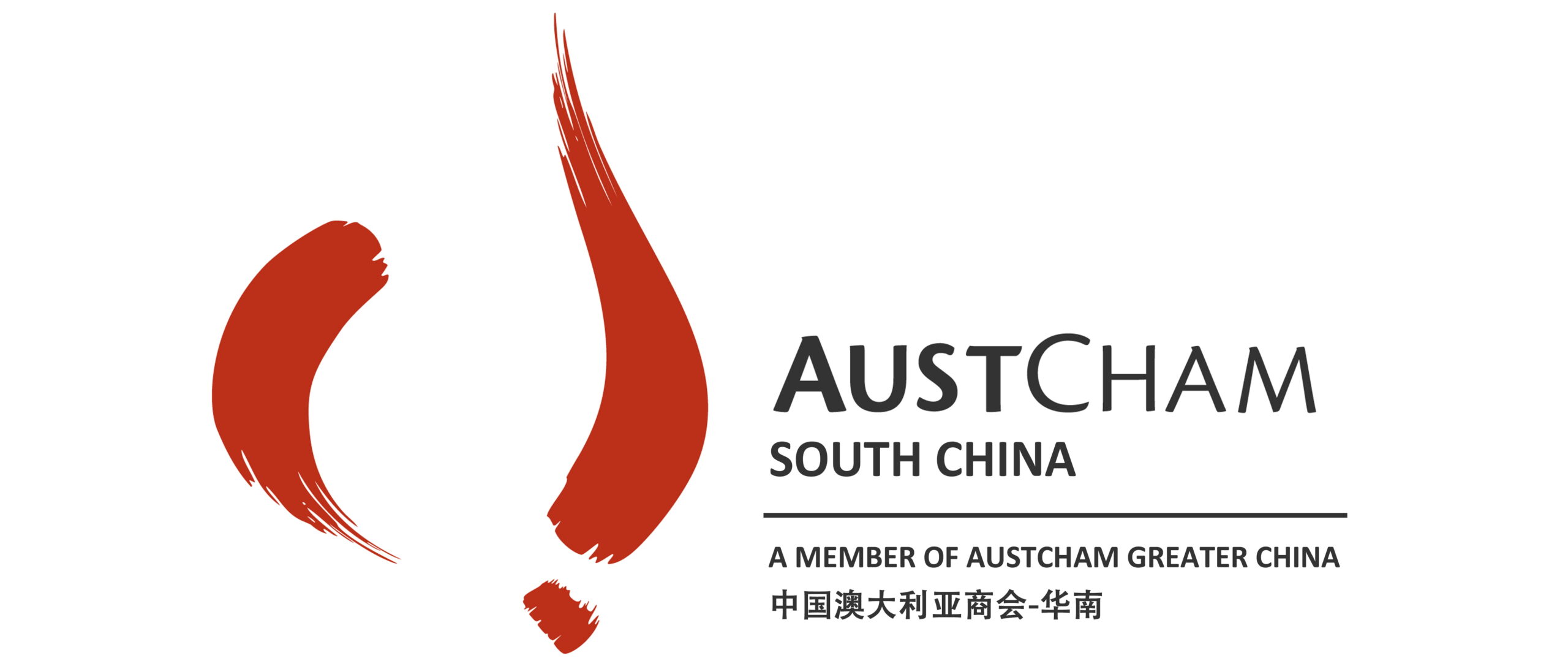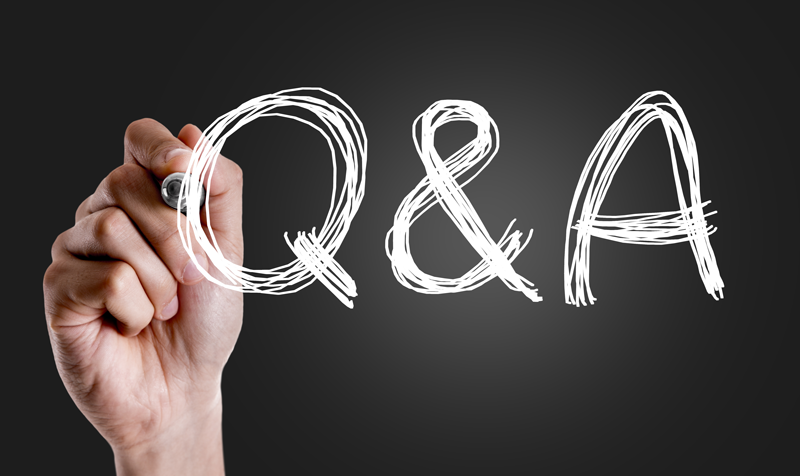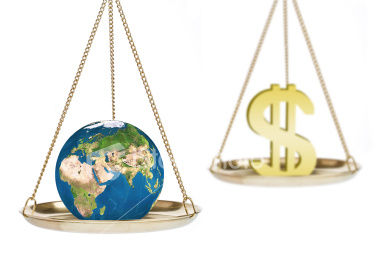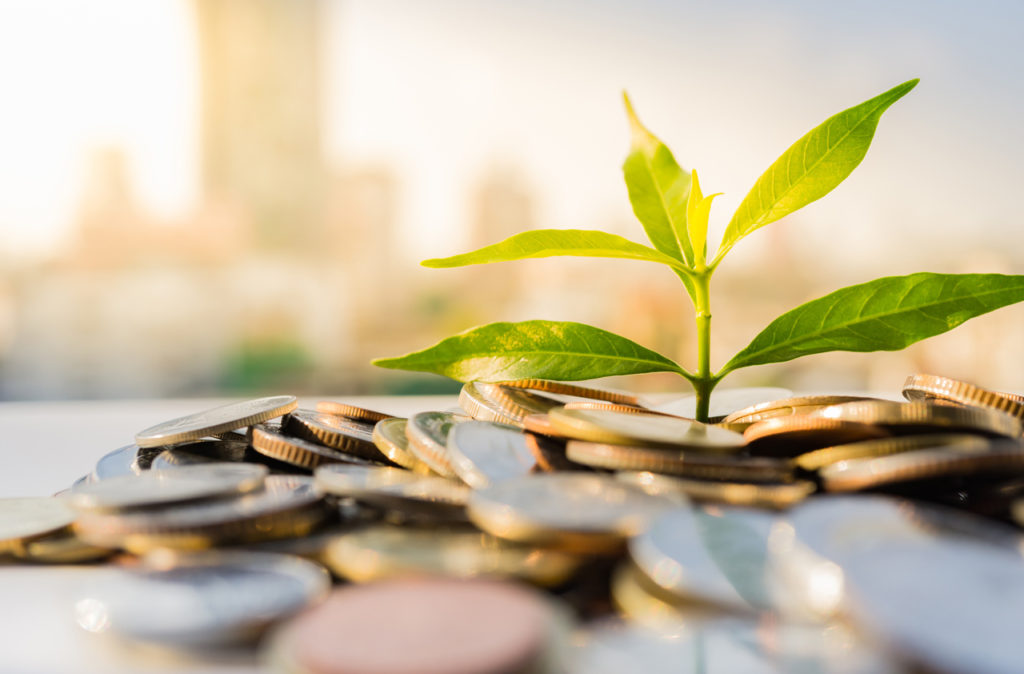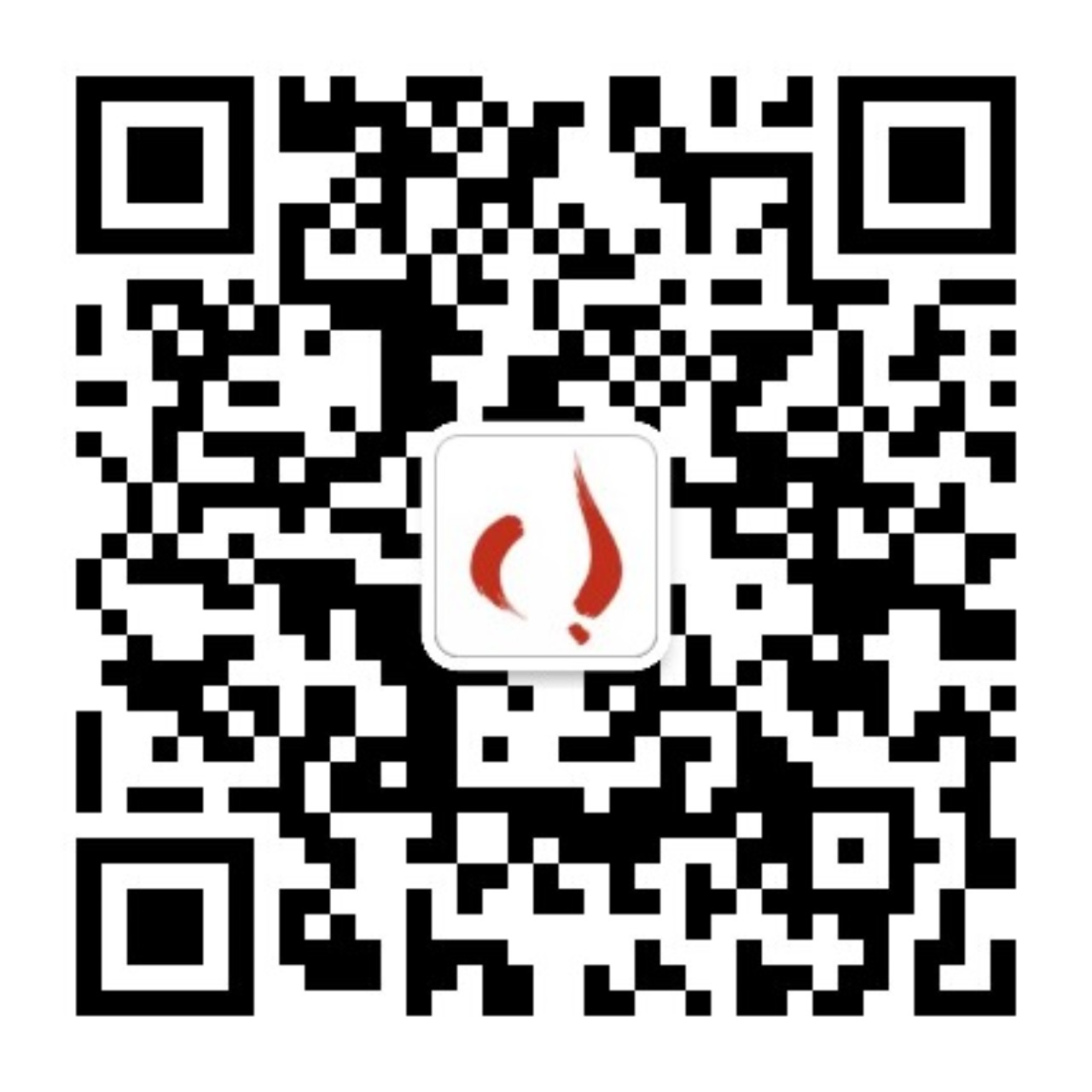China has implemented the ENVIRONMENTAL PROTECTION TAX LAW since 1st January,2018.
What does this mean to people doing business in China?
Should we worry about paying more tax money?
Below are some Q&As about this law and hope it can help business of all types.
Q1: What is the difference between EPT and the sewage change?
The Environmental Protection Tax (EPT) Law was enacted with the purpose to protect and improve the environment while the sewage charge system was formulated in order to collect fees from enterprises. With the sewage charge system, only one level of tax reduction can be applied—the charge can be reduced to half if the discharge of waste gas or water is 50% below national or local standard. However, according the EPT Law, if the discharge is 30% below than national or local standard, 75% of the tax amount will be collected. If less than 50%, the taxpayer only needs to prepare 50% of the EPT. The EPT is collected by the Tax Bureau while the sewage charge was collected by the Environmental Protection Bureau.
Q2: Under what circumstances can the EPT be waived?
The EPT can be waived if the enterprises or other producers discharge the taxable pollutants to the legitimate facilities set up to treat polluted water or domestic garbage. Same rule applies if the solid wastes are stored or processed in facilities which meet the national or local standards.
Q3: What kind of noises are taxable?
EPT only applies to noises produced in industrial activities such as those from generators , ventilators, fans,ball crushers, electric motor saws,machine tools,etc.
Q4: What is the difference between national and local standards?
The “standard” means the rules to the limit the concentration or gross amount of pollutants, with the purpose to improve the environmental. The “national standard” is enacted by the Ministry of Ecology and Environmental which prevails in whole PRC. The “local standard” is made the the provincial level government and prevails in the relative province. Compared to the national standard, it only includes air pollution and water pollution discharge standard. Local standard must be more strict than the national standard.
Q5: How is the taxable amount decided?
The central government issued a notice in 2014 that the taxable amount should be at least 1.2RMB and 1.4RMB per equivalent for air and water respectively. There are seven provinces whose own standards are higher than the national one. In Guangdong, it is 1.8RMB per equivalent for water pollution and 2.8RMB per equivalent for air pollution. As to solid waste, it is 5-1 000 RMB per ton. Taxable amount for noise depends on the excessive decibels, which is 350RMB-11 200RMB per month.
Q6: What happens if I do not pay EPT?
A.If the taxpayer tries to evade the EPT, severe punishment can be applied. The tax administration will collect all tax that was elated, plus a penalty higher 50% and 500% of the tax evasion amount. If too severe, someone in the company may be put behind the bars.
Q7: After paying EPT,will the taxpayer be free from civil liability for environment pollution?
Any company or other business type that discharges pollution are still eligible to civil liability caused by the pollution. This means although the company has already paid enough EPT, it can be be sued by environmental NGO, individuals or government for pollution.
Q8: How to pay the EPT?
EPT is collected as a local tax instead of the national one so it is paid to the local taxation authorities. It is calculated monthly and declared each season. Depending on the actual situation, the accounting can be regular or irregular.
There are a lot to learn about the environmental protection tax. Please contact this author if you want to research more about it.
About the author: Richard Zhang (张捷) is a lawyer from PW&Partners Law Firm and has been a practicing lawyer since 2007. Richard has represented clients from all over the world in litigation and arbitration cases. He is specialized in business and criminal lawsuits. Richard is also very active in environmental protection and has a lot of experiences in environmental law. His working languages are English, Mandarin and Cantonese. To contact him, you can call 188 0200 7880 or write to richard@guangzhoulaw.net.
AustCham South China is proud to present a “News Feeds” column in our WeChat Official Account every Friday, sharing industry information.
If you are interested in this “News Feeds” column, please send e-mail to info.southchina@austcham.org.
We are looking forward to receiving your articles!
